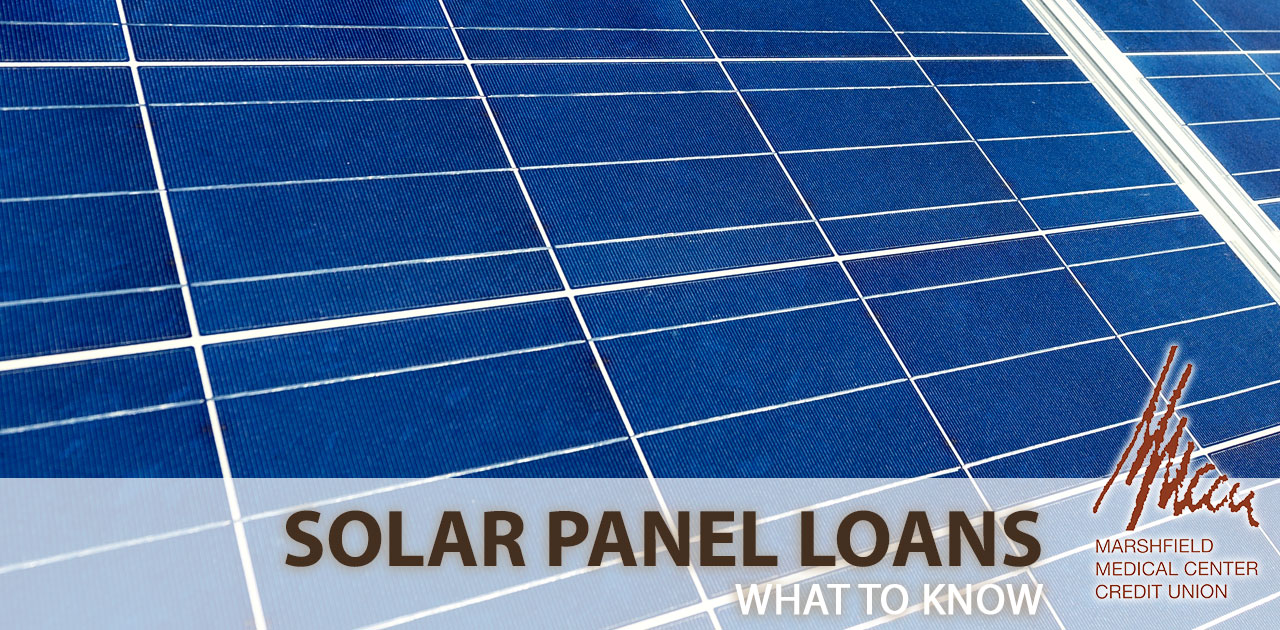Getting a solar panel loan can be a smart investment, as it can help you save money on your energy bills and reduce your carbon footprint. Here are some things you need to know about getting a solar panel loan:
- Eligibility: To be eligible for a solar panel loan, you will need to meet certain criteria. This may include having a good credit score, a stable income, and a history of paying bills on time. Lenders may also consider the value of your home and your debt-to-income ratio when evaluating your eligibility.
- Types of loans: There are several types of loans you can choose from when financing your solar panel installation. These may include secured loans, unsecured loans, and home equity loans. Secured loans require collateral, such as your home, to be pledged as security, while unsecured loans do not. Home equity loans use your home’s equity as collateral.
- Interest rates: Interest rates for solar panel loans can vary depending on the lender and the type of loan you choose. Secured loans may offer lower interest rates than unsecured loans, as they are less risky for the lender. You may also be able to get a lower interest rate if you have a good credit score.
- Loan terms: Loan terms can also vary depending on the lender and the type of loan you choose. Some loans may have a fixed interest rate and a fixed repayment term, while others may have a variable interest rate or a flexible repayment term. It’s important to understand the terms of your loan before signing up for it.
- Incentives: Some states and local governments offer incentives, such as tax credits or rebates, to encourage homeowners to install solar panels. These incentives can help offset the cost of your solar panel installation and make it more affordable. Be sure to research the incentives available in your area before getting a solar panel loan.
- Installation and maintenance: Before getting a solar panel loan, it’s important to research and select a reputable solar panel installation company. You will also need to consider the ongoing maintenance and repair costs associated with your solar panels.
- Commitment: Adding solar is a long-term commitment. Panels may be guaranteed for up to 25 years and over the long haul, cost savings are significant. Initially, however, cost savings may be minimal as the savings on energy used is offset by the cost of paying for the solar panels.
Getting a solar panel loan can be a smart investment, but it’s important to do your research and understand the terms and conditions of your loan before signing up for it. Be sure to consider factors such as eligibility, interest rates, loan terms, incentives, and installation and maintenance costs before making your decision.


